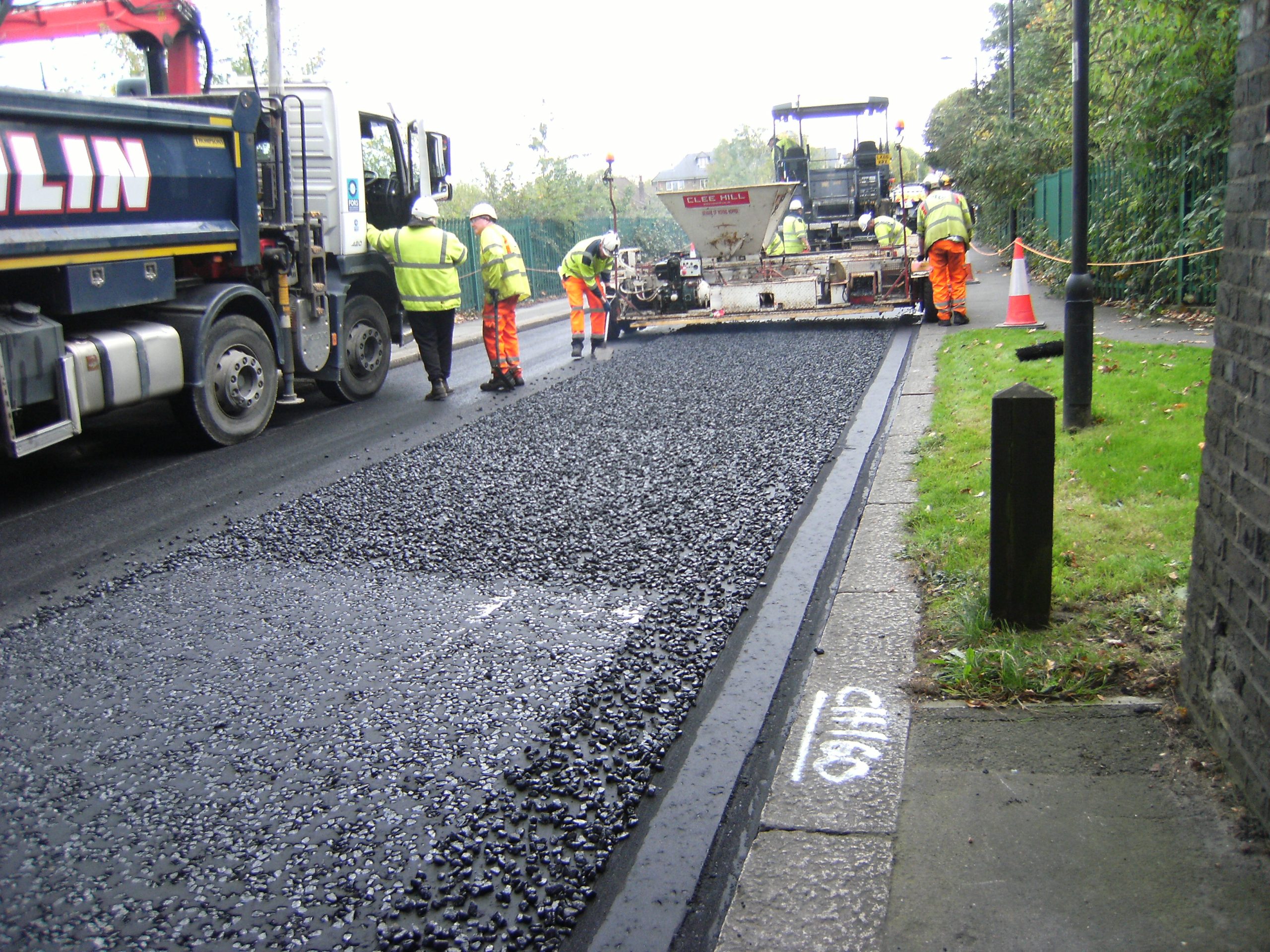Plastic Roads – A Path Worth Paving? Global Concerns Over Plastic Waste and South Asia’s Struggle

Plastics have become an integral part of our daily lives, but their production and disposal have posed significant challenges. With global plastic production reaching unprecedented levels, the world is grappling with the impending plastic waste crisis. According to alarming statistics, the amount of plastic waste produced globally is projected to double to a staggering 430 million metric tons by 2040, and by 2050, the weight of ocean plastic could surpass that of all fish in the sea. The consequences include species extinction, ecosystem damage, and accelerated climate change.
In this scenario, South Asia emerges as a major player in plastic pollution. The region currently leads the world in open dumping, with an astonishing 334 million metric tons of waste, 40 million of which is plastic. Disturbingly, if no action is taken, South Asia’s mismanaged waste is expected to double to a staggering 661 million metric tons per year by 2050, earning the region the unfortunate distinction of being one of the world’s leading producers of plastic pollution. Furthermore, the plastic manufacturing process contributes to greenhouse gas emissions, putting South Asian countries at an even greater risk from the severe impacts of climate change.
Non-Recyclable Plastic Waste Finds a New Purpose in Road Construction
Amidst the global race to find innovative solutions to the plastic waste crisis, a less explored avenue has emerged: using non-recyclable plastic waste in road construction. The World Bank has released a new report titled “Plastic Waste in Road Construction: A Path Worth Paving?” which examines the potential of repurposing plastic waste for road infrastructure while ensuring environmental sustainability and human health.
The idea involves substituting virgin polymers, commonly used to modify bitumen, a binding material in road construction, with non-recyclable plastics. If implemented on a large scale, this approach could divert an impressive amount of plastic waste from ending up in the ocean. For instance, for every kilometer of road constructed using this method, it has the potential to repurpose 57,803 single-use food containers, 2.5 million straws, or 166,667 single-use grocery bags. Additionally, plastic roads are expected to contribute to a reduction in greenhouse gas emissions, with each kilometer saving approximately three tons of carbon dioxide compared to incinerating plastic waste.
Benefits of Plastic Roads: Economic and Environmental Implications
Solid and well-maintained roads are crucial for economic and social development, particularly in fast-growing developing countries across South Asia. Roads serve as vital links, connecting producers to consumers, students to schools, and patients to hospitals. They enhance economic activity, reduce poverty, and improve overall livelihoods. By utilizing plastic waste to build essential infrastructure, not only can transportation be provided to citizens, but it can also contribute to a cleaner planet, tackling the plastic waste problem.
Unknowns and the Need for Scientific Research
While the concept of using recycled plastics in road construction is not entirely new, it has not undergone comprehensive evaluation regarding its environmental impact. India, in particular, has been a pioneer in plastic road construction, with over 2,500 kilometers of such roads already built. However, numerous uncertainties need to be addressed through rigorous scientific research:
- The generation of microplastics from plastic roads specifically and their impact on the environment.
- The potential leaching of plastic additives and engineering specifications, such as cracking resistance.
- Development of guidelines to protect workers from hazardous particles generated during plastic processing at high temperatures.
- The recyclability of plastic roads at the end of their lifespan, as conventional roads are highly recyclable.
Bangladesh and the World Bank Collaborate on Plastic Roads
Encouraged by a successful pilot project in Gazipur, Bangladesh, where a rural road was constructed using plastic waste, the country is joining forces with the World Bank to explore the use of resilient materials, including plastic waste, in road construction across eight administrative divisions. This initiative aims to assess the roads’ ability to withstand natural disasters while conducting scientific research to determine the potential environmental damage caused by microplastics in plastic roads.
With a significant portion of Bangladesh situated below 15 feet above sea level and facing the constant threat of extreme weather events and rising sea levels, resilient infrastructure is of utmost importance. Traditional rural roads often become impassable during floods, posing risks to people’s safety and hindering post-disaster recovery efforts. The initial pilot project has shown promising results, with the plastic road exhibiting resistance to damage from floods, bitumen bleeding, and cost-effectiveness compared to conventional roads.
Moving Towards Sustainable Solutions
Although knowledge gaps persist, the use of plastic waste in road construction offers a promising opportunity to mitigate the impact of unrecyclable plastic waste on the environment. However, it is essential to avoid replacing one crisis with another. The World Bank’s report aims to stimulate a thorough debate on viable solutions that benefit people, the environment, and collective well-being. Rigorous research conducted alongside pilot projects, such as the one in Bangladesh, will ultimately determine if plastic roads are a sustainable path worth pursuing.


















Facebook Comments